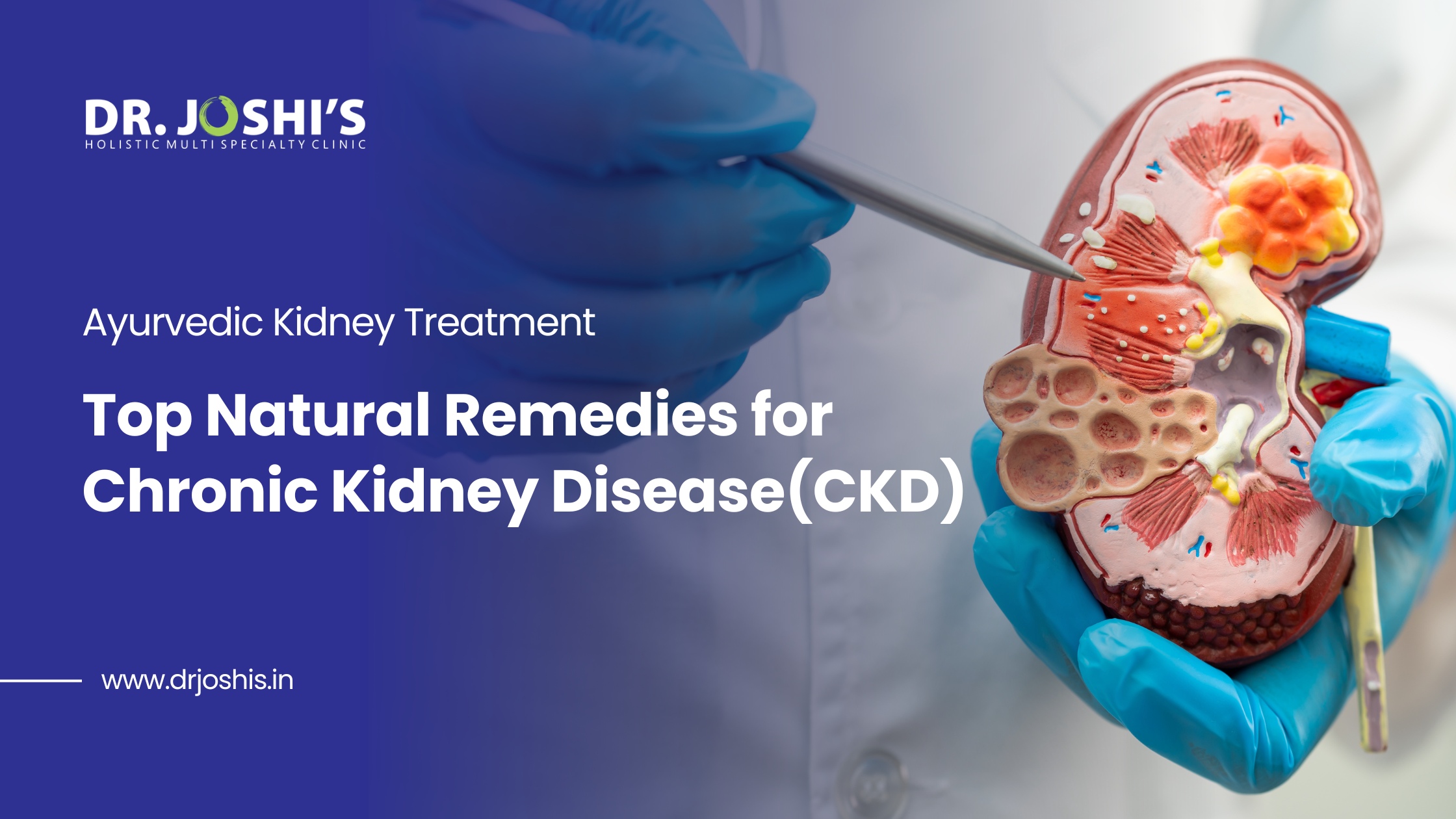In Sanskrit, Kidney/Renal Stones are also known as Ashmari.
Renal/Kidney Stones are among the most common and distressing ailments among urinary disorders and one of the leading causes of abdominal pain today. Urolithiasis, also known as renal stones, is the presence of stones in the urinary system such as the bladder, kidney, ureter and urethra. These stones block the flow of toxic bodily elements, which would otherwise pass through urine naturally.
According to Ayurveda, a Vata imbalance causes Kapha to dry out. As a result, kidney stones develop.
Causes of Kidney Stones according to Ayurveda:
- Unhealthy dietary habits & lifestyle.
- Non-adoption of Pancha-karma (five methods of body purification).
- Metabolic uncertainty, bladder/urinary infections, and hormonal imbalances.
- Genetic inheritance, region of origin, and food and nutrition factors.
Factors of risk:
The following are risk factors that increase the chances of kidney stones:
Overweight or obese:
A high body mass index (BMI) and excess weight gain are linked to an increased risk of kidney stones.
Family history:
If you/your family has a history of kidney/renal stones, you are more likely to develop them.
Dehydration:
Kidney stones have a greater probability of forming If you don’t drink enough water and live in a warm climate.
Nutritional factors:
A diet high in sodium (salt), sugar and protein may increase the risk of kidney stones.
Digestive diseases and surgery:
Specific surgeries, such as gastric bypass surgery, and chronic diarrhoea, could indeed impair calcium absorption, increasing the likelihood of stone formation.
Other health issues that can increase the likelihood of stone formation include renal tubular acidosis (RTA), urinary tract infections, and cystinuria.
Kidney Stone Types
In modern medicine, urinary calculi (stones) are classified based on their chemical composition and morphology, so different types of urinary calculi are described, such as,
- Struvite stones,
- Calcium stones,
- Cystine stones,
- Uric acid stones, and
- Mixed stones.
According to Ayurvedic knowledge, there are four types of Ashmari: Vatika, Paitika, Shlaishmika, and Shukraja.
The Vatika, Paitika and Shlaishmika Ashmari are possibly related to calcium oxalate, uric acid, and calcium phosphate stones.
Symptoms and signs:
- Fever, body pain, anorexia, and dysuria.
- Thicker and turbid urine, urine odour similar to Gomed (hessonite stone).
- Intense pain in the urinary bladder, scrotum, and penis.
According to Acharya Sushruta, jumping, swimming, running, riding, walking, and other activities aggravate Ashmari’s pain.
Ayurvedic administration
Panchakarma
Panchakarma is a graceful cleansing procedure that eliminates toxins and restores the body’s natural healing ability. Panchakarma therapies are more like organic dialysis (without pain), which does the work that kidneys cannot do, namely, removing excess toxins from the body. Panchakarma therapies help in lowering toxic levels in the body. These therapies also motivate and encourage a better environment in the body, allowing organic medicines to perform more efficiently and thus shortening treatment time.
Ayurvedic remedies and therapy can break up and expel more than 95 per cent of kidney stones without surgery. Panchakarma therapy is recommended once a year to help prevent kidney stones from forming. We at Dr Joshi’s Holistic Multispecialty Clinic have advanced this process for a better result to prevent these kidney stones.
The Dos and Don’ts according to Ayurvedic Remedies:
- Drink lukewarm water first thing in the morning to cleanse the bowels.
- Drink plenty of water instead of alcoholic or aerated beverages.
- Consume food on time.
- Consume fruits with high water content.
- If you have a history of kidney stones, avoid tomatoes, brinjal, chikku, too many bananas, dairy
- products, and maida food.
- Urinate on time rather than resisting the urge
- Yoga poses, meditation, and pranayama should be practised regularly as opposed to an unhealthy lifestyle or excessive exercise (in the case of a large stone or hypertension)



